|
|
|
|
| |
|
Editor's note
|
|
Our series this week has looked at what’s happening in our brain in various mental states, and how we can change our own brain function. Yen Ying Lim examined the potential of exercise, hypnosis and meditation to make our brains less susceptible to disease. While Siobhan Schabrun questions whether we can use drugs or other devices to make ourselves smarter. Read the full series here, as well
as some other great articles on the brain, from our archives.
|
Alexandra Hansen
Section Editor: Health + Medicine
|

|
|
Changing the Brain
|
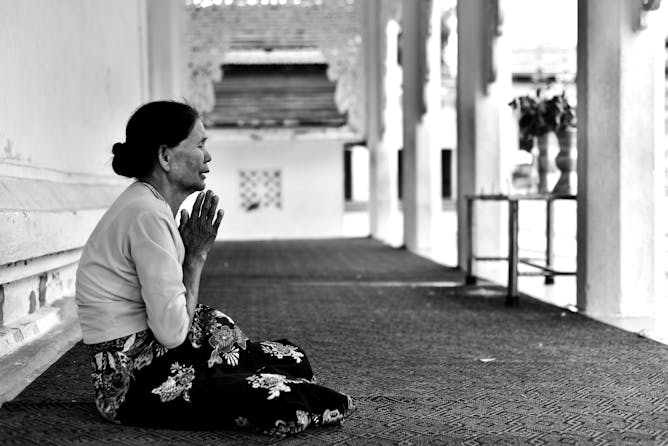
Lifestyle factors such as meditation can change our brain for the better.
gGuilherme Romano/Unsplash
Yen Ying Lim, Florey Institute of Neuroscience and Mental Health
How can exercise, meditation and hypnosis change our brains and potentially prevent disease?
|
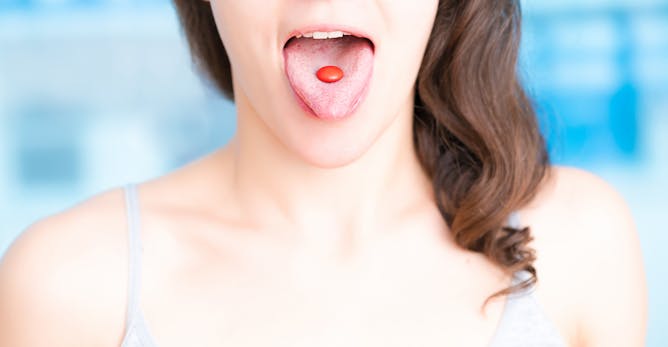
Could it be this easy?
from www.shutterstock.com
Siobhan Schabrun, Western Sydney University
We know things like exercise can increase our brain function, but taking a pill would require less effort.
|

It’s not just our taste buds thanking us when we give ourselves a sweet treat.
Rakicevic Nenad/Unsplash
James Kesby, The University of Queensland
Our society and culture play a big part in what our brain sees as rewarding.
|
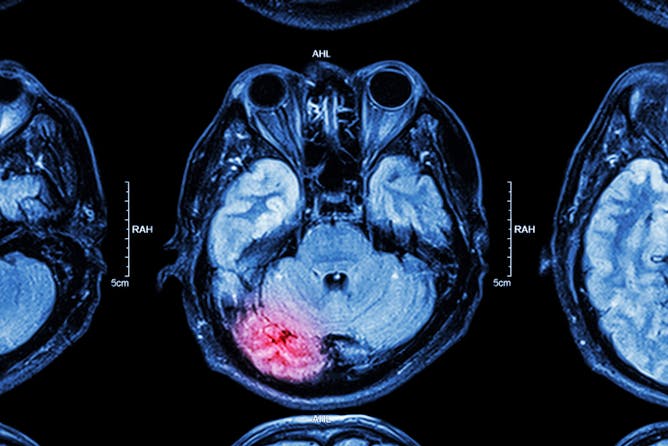
New brain cells can form after injury.
from www.shutterstock.com
Michael O'Sullivan, The University of Queensland
Brain injuries damage regions of the brain and this damage can extend post-injury. But other brain regions can pick up the slack, and there are things we can do to help.
|
From the archives
|
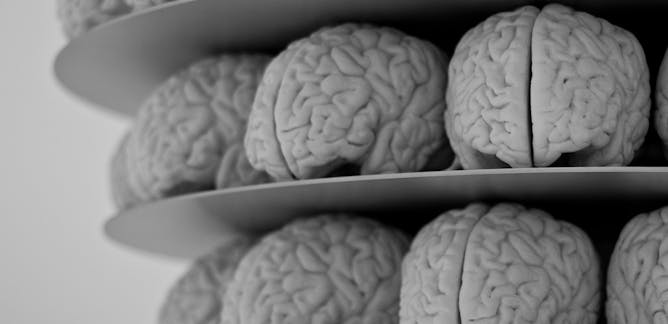
Jürgen Götz, The University of Queensland
The blood-brain barrier helps protect the brain, but it also creates difficulties in treating brain disorders. Ultrasound may offer a safe way to more effectively deliver therapies.
| |
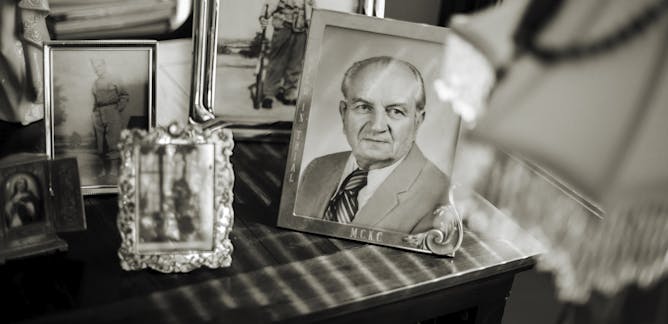
Amy Reichelt, RMIT University
Our memories provide us with insight into events, knowledge of the world around us and influence our actions and behaviours – forming important aspects of our personality.
|
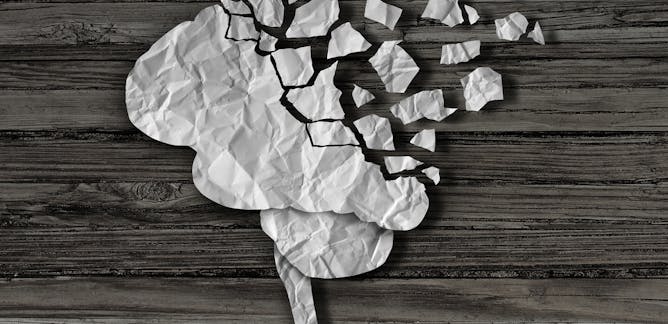
Travis Wearne, UNSW; Emily Trimmer, UNSW
Survivors of traumatic brain injuries might have behavioural issues or have problems holding down a job for years after a blow to the head or a bad fall.
| |
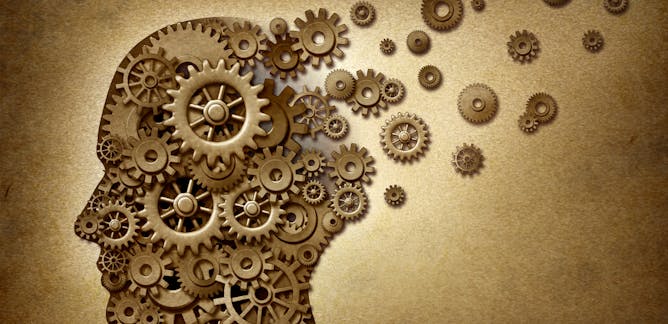
Amy Reichelt, UNSW
Throughout our lives we have multitudes of experiences that shape how we then behave in the world. Some of these lessons are learnt rapidly, such as why we shouldn’t put our hand on a hot pan on the stove…
|
|
|
|
|
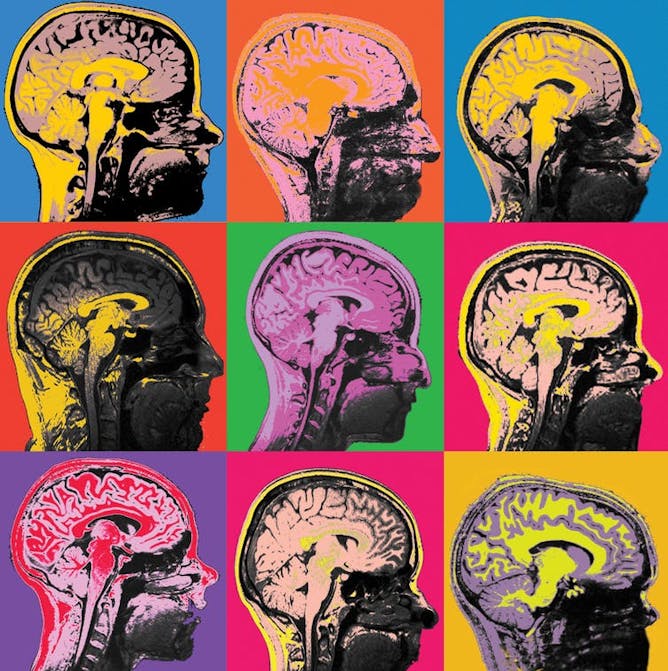
Neuroscientists require images to understand what’s happening in the brain.
Chase Sherwell/QBI
Wei Luan, The University of Queensland; Merja Joensuu, The University of Queensland; Ravi Kiran Kasula, The University of Queensland
Take a look at some of the amazing neuroscience images out of the Queensland Brain Institute this year.
|
| |
Featured jobs
|

|
Swinburne University of Technology — Hawthorn, Victoria
|

|
University of Western Australia — Perth, Western Australia
|

|
Griffith University — Bundall, Queensland
|

|
University of Melbourne — Parkville, Victoria
|
|
|
|
Featured events
|

|
Doltone House, Jones Bay Wharf, Pyrmont, Sydney, New South Wales, 2009, Australia — Australasian Hydrographic Society
|
|
|
PO Box 1371, Mitcham North, Victoria, 3132, Australia — Australian Society for Immunology
|

|
Schulz Building Level 6, The University of Adelaide, Adelaide SA 5005, Adelaide, South Australia, 5005, Australia — University of Adelaide
|

|
The Auditorium (Ground Floor), Peter Doherty Institute of Infection and Immunity, 792 Elizabeth Street, Melbourne, Melbourne, Victoria, 3000, Australia — The Peter Doherty Institute for Infection and Immunity
|
|
|
|
| |
| |
| |
| |
| |
|
|
|
|
|
|
|